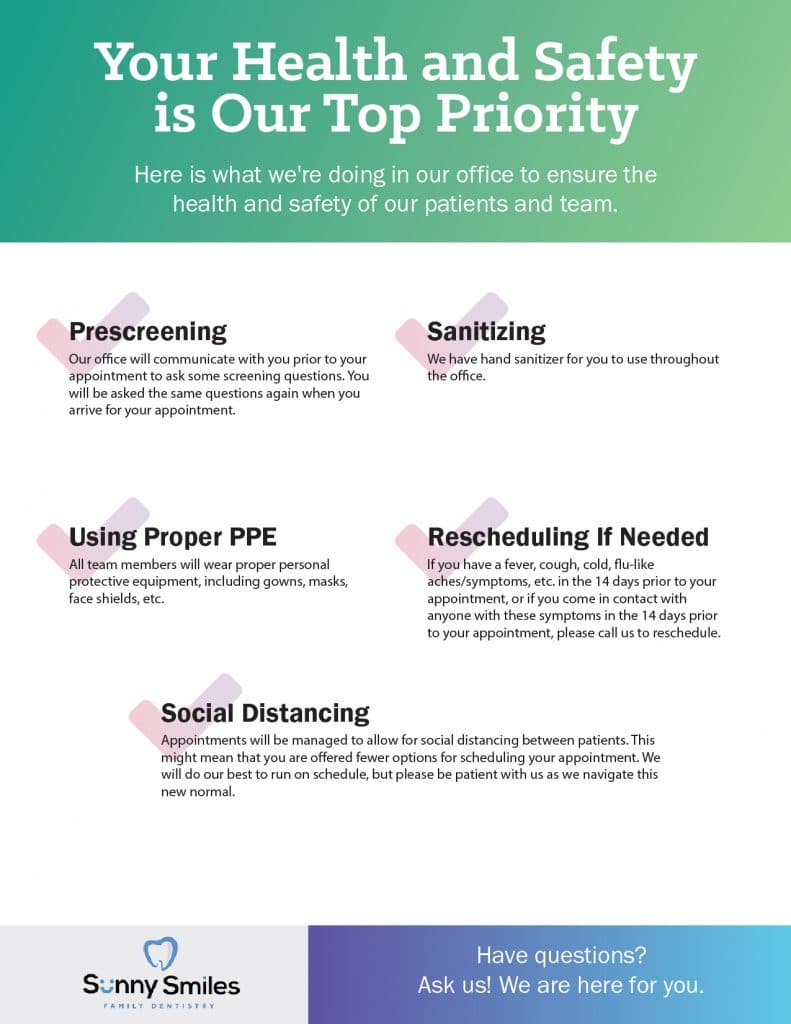 TMJ disorder is common, but it is still one of the lesser-known and understood of all chronic dental health issues. Because many patients are aware of what TMJ disorder is or how it can affect their oral health, they often aren’t aware that there’s an issue when they begin to show signs. Understanding TMJ disorder and alleviating the wide range of symptoms it can cause require a conversation with your dentist about the state of your jaw health. If you do have TMJ disorder, then your dentist can design a customized treatment plan to help you get over it.
TMJ disorder is common, but it is still one of the lesser-known and understood of all chronic dental health issues. Because many patients are aware of what TMJ disorder is or how it can affect their oral health, they often aren’t aware that there’s an issue when they begin to show signs. Understanding TMJ disorder and alleviating the wide range of symptoms it can cause require a conversation with your dentist about the state of your jaw health. If you do have TMJ disorder, then your dentist can design a customized treatment plan to help you get over it.
What is TMJ disorder?
Your TMJs, or temporomandibular joints, connect your lower jaw to your skull. The two joints are the hinges that allow you to open and close your bite, and they must work together. TMJ disorder describes a dysfunction in one or both of these joints, which makes it difficult and painful to bite, chew, and speak.
What are the symptoms?
Since TMJ disorder is a jaw joint problem, you might not be surprised to know that its most common symptoms are popping/clicking sensations when you open and close your jaw. Other symptoms, though, may include chronic headaches and migraines, earaches and tinnitus, chronic teeth-grinding, and more.
Is there a way to prevent it?
Once your dentist diagnoses your TMJ disorder, you’ll have several options to treat it depending on the exact nature and cause of your condition. Sometimes, it cannot be prevented; however, if your dentist notices any misalignment in your bite, then correcting the alignment may help you avoid symptoms of TMJ disorder.
Learn More About Treating Your TMJ Disorder
If you experience TMJ disorder, then speak with your dentist about finding the most effective solution to treat it. To learn more, schedule an appointment by calling the Sunny Smiles dental office nearest you in El Paso, TX, today! We have offices in the East, Northeast, and Westside of El Paso, and happily welcome patients from all nearby communities, including Chaparral, Canutillo, Vinton, and Sunland Park, New Mexico.




